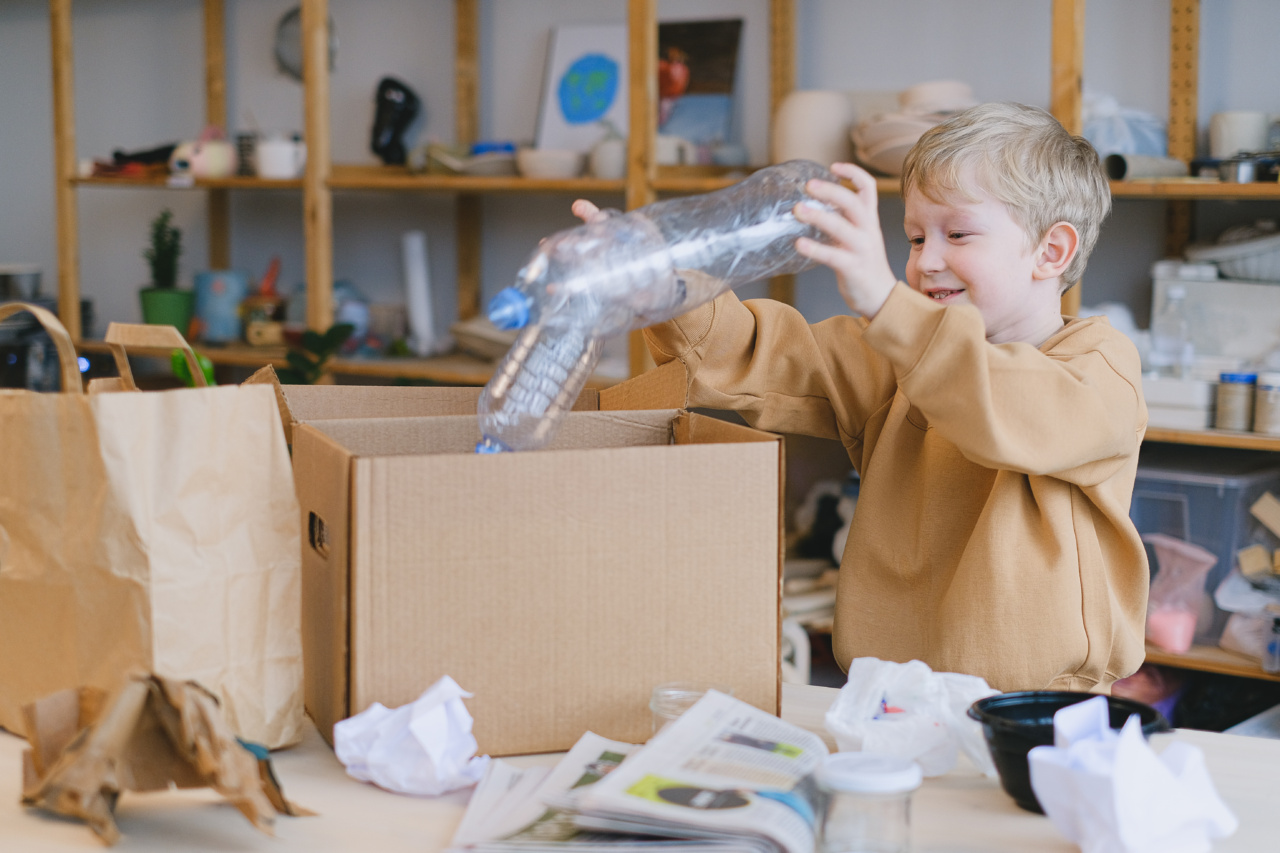When it comes to cancer prevention, most people are aware of the importance of a healthy lifestyle and avoiding known carcinogens.
However, there are certain common items that we use every day, often without realizing the potential risks they may pose to our health. In this article, we will explore five such items that have been linked to an increased risk of cancer. By being aware of these risks, you can take necessary precautions and make informed choices to protect yourself and your loved ones.
1. Plastic Water Bottles
Plastic water bottles have become a convenient and commonly used option for staying hydrated on the go.
However, many plastic bottles contain a harmful chemical called bisphenol A (BPA), which has been linked to various health problems, including an increased risk of cancer. BPA has the potential to leach into the water, especially when exposed to heat or sunlight.
To reduce your exposure to BPA, opt for BPA-free water bottles made from materials like stainless steel or glass. These alternatives are not only safer but also more environmentally friendly.
2. Non-Stick Cookware
Non-stick cookware is widely used for its convenience and ease of cleaning. However, the chemical compounds used to create the non-stick surface, such as perfluorooctanoic acid (PFOA), have been classified as potential carcinogens.
When heated to high temperatures, these compounds can release toxic fumes that may be harmful if inhaled.
Consider switching to cookware options that are free from non-stick coatings, such as stainless steel or cast iron. If you do continue to use non-stick cookware, make sure to use it at low to medium heat and avoid overheating.
3. Cosmetics and Personal Care Products
We often trust that the cosmetics and personal care products we use are safe for our health.
However, many of these products contain potentially harmful ingredients, including known or suspected carcinogens, such as formaldehyde, parabens, and phthalates.
Check the ingredient list of your cosmetics and personal care products, and opt for brands that are transparent about their ingredients and avoid using harmful chemicals.
Consider natural and organic alternatives that use plant-based ingredients without synthetic additives.
4. Processed Meats
Processed meats, including sausages, bacon, and deli meats, have long been associated with an increased risk of various cancers, particularly colorectal cancer.
These meats typically contain preservatives and additives, such as nitrates and nitrites, which have been linked to cancer development.
Limiting your consumption of processed meats and opting for fresh, unprocessed alternatives, such as lean cuts of poultry, fish, or legumes, can significantly reduce your cancer risk while providing essential nutrients.
5. Cleaning Products
Most of us use various cleaning products to keep our homes sparkling clean.
However, many conventional cleaning products contain harsh chemicals, such as ammonia, chlorine, and formaldehyde, which have been associated with an increased risk of respiratory problems and certain cancers.
Consider switching to eco-friendly and non-toxic cleaning products, which are free from harmful chemicals. You can also make your own cleaning solutions using natural ingredients like vinegar, baking soda, and essential oils.
Conclusion
While it may not be possible to completely eliminate all potential cancer risks from our lives, being aware of common items that may increase our risk can empower us to make healthier choices.
By opting for safer alternatives and reducing exposure to known or potential carcinogens, we can take a proactive approach towards cancer prevention.






























